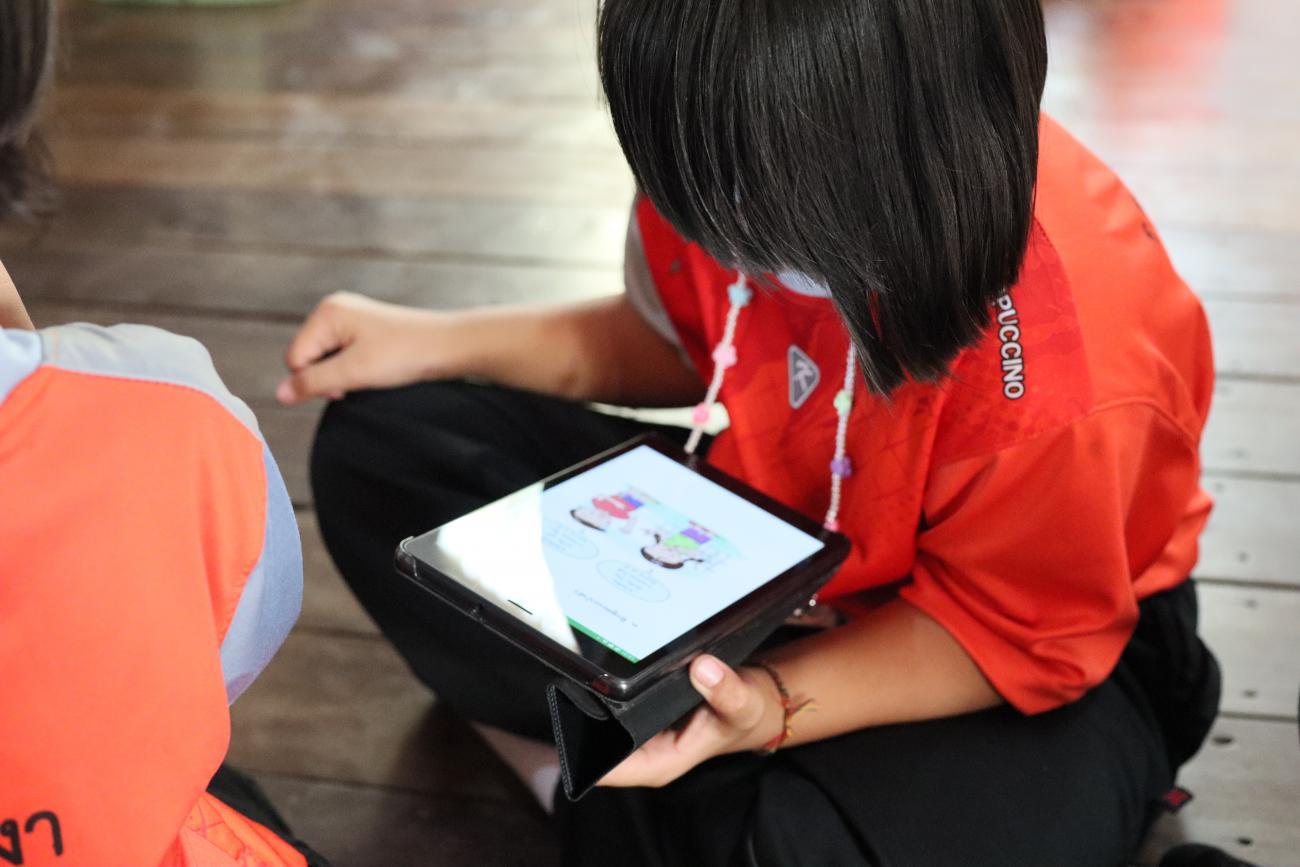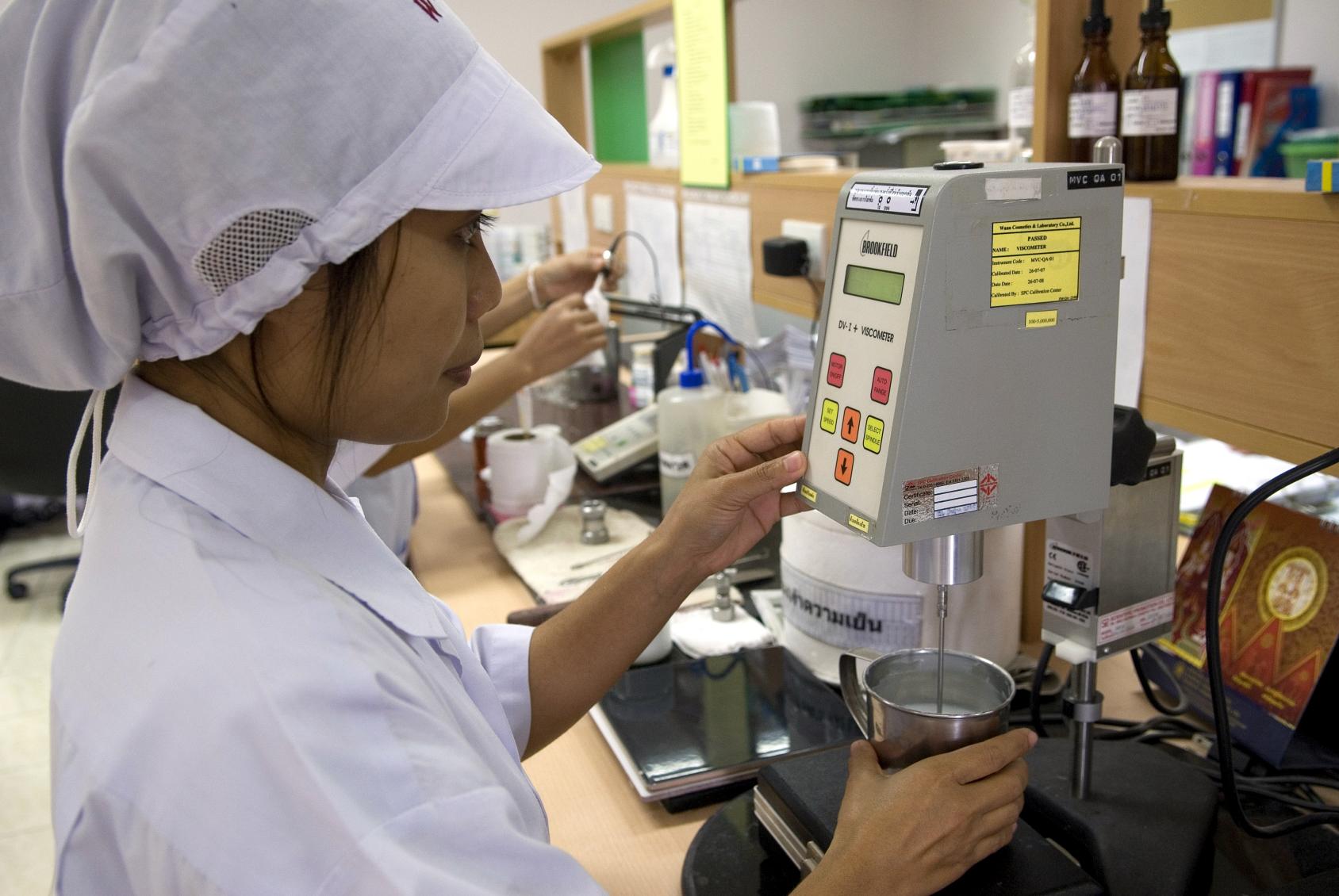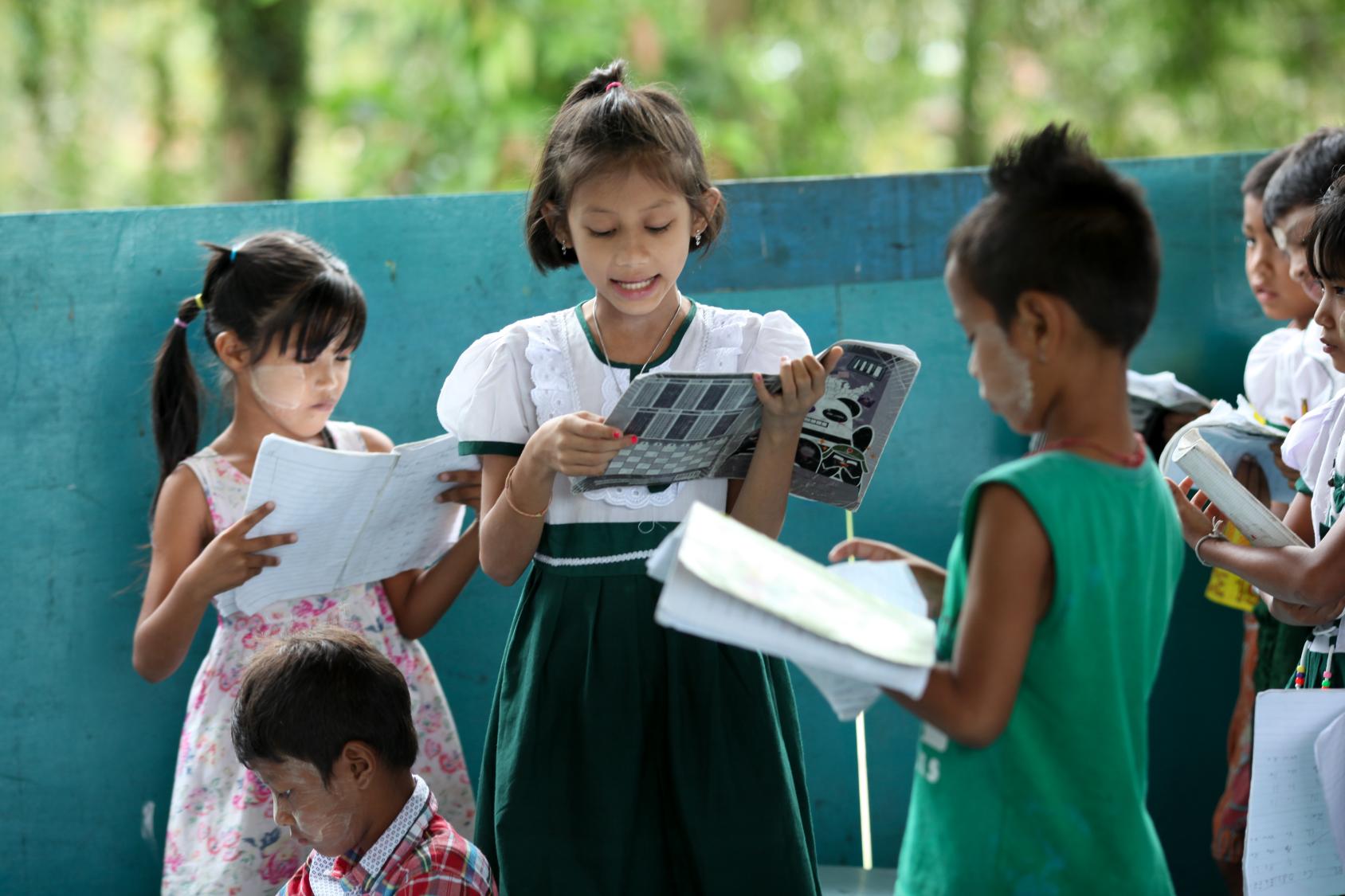Bigger Bandwidth: Girls in ICT make way for digital equity in Thailand

Supakarn Jantawang, 16, has a plan.
She wants to work with her student council in Thailand to reduce school waste. The effort will involve food vendors, students, teachers, and parents. She’ll advocate for zero waste on campus through plastic recycling, smart food purchases, eco-friendly storage, reusable masks, and other measures.
The question for Supakarn now became, how to use technology to power her drive for change?
In Thailand as around the world, information and communications technologies (ICT) skills are important in almost every area of life—and that includes environmental campaigns such as Supakarn’s. Now, during the pandemic, technology is vital for people to communicate and access health information, not to mention school and jobs.
And yet, access to ICT education, training and other opportunities is still limited, especially for women and girls.
Last May, Supakarn took part in a training during the “Girls in ICT” 2021 celebration. The international Girls in ICT programme builds awareness about the gender digital divide, supports technology education and skills training, and encourages girls and young women to pursue careers in STEM fields (science, technology, engineering, and mathematics).
Now Supakarn is better equipped to carry out her plan. She is not the only one getting more connected. Throughout Thailand, girls and young women are more aware of the importance of ICTs and STEM education. Policymakers and educators in Thailand are catching on, too.
The digital divide in Thailand

COVID-19 has clearly exposed the digital divide – not just internet connectivity and access to digital devices, but the “haves” and “have-nots” of people able to take full advantage of technologies for their livelihoods and quality of life.
Over the next two decades, automation will transform jobs and enterprises in Thailand, where up to 17 million jobs — close to half of the country’s total — are at risk of automation, according to the ILO. Women are employed predominantly in jobs requiring low STEM skills, and thus are 50 per cent more likely than men to lose their jobs to automation.
Thailand is unusual in that girls and women tend to outperform boys and men in terms of educational outcomes, with nearly equal rates of access to digital devices and internet connectivity. What’s more, connectivity rates are high, most people are online via mobile devices. Almost 95 per cent of schools have internet access, and schools have an average of one computer per 17 students.
These achievements do not, however, translate into equal participation and representation in politics, the economy and society. The gender wage gap that has narrowed recently but still remains just over 10 per cent, according to recent ILO data.
At present in Thailand, 97 per cent of 16 to 19-year-olds use the internet for social media, but only 17 per cent for e-learning, according to the study “Mapping the Digital Divide in the School: Education of Thailand.” Such data are essential for evidence-based policymaking. Not surprisingly, users with limited digital skills are at higher risk of violence and harassment — especially women and girls. Schoolchildren who spend more time online may also be at risk, including from online sexual exploitation, according to UN Women.
Opportunities for change

Even with all the challenges, there is at a growing shared commitment to gender equality: what benefits girls and women benefits us all. The expanding ICT sector has more opportunities for skilled girls and young women who are still underrepresented in ICT STEM education and careers.
New technologies can bridge the divide in business by lowering the barriers to entry. In Thailand, “Girls in ICT” participants have focused on cybersecurity, smart farming, and AI. They’re interested in online businesses, digital marketing, hospitality, cybersecurity, and the SDGs.
At the same time, COVID-related restrictions around the globe have, in some quarters, exposed the unequal distribution of unpaid labor, such as childcare. They have also, in many places, led to opportunities for flexible work hours and working from home, which have been part of women’s demands for decades.
The pandemic has caused social and economic disruptions that are taking a heavy toll on people’s wellbeing and livelihoods, but if we learn from these disruptions, they may just help us create more equitable, sustainable and inclusive development.
And it will be girls like Supakarn who will lead the way.
Gita Sabharwal is the United Nations Resident Coordinator in Thailand and Atsuko Okuda is the Asia-Pacific Regional Director of the International Telecommunication Union.
The Girls in ICT programme is led by the International Telecommunication Union (ITU) with partner UN agencies. In Thailand, the initiative is co-organized by the Ministry of Digital Economy and Society, the National Broadcasting and Telecommunications Commission, and partners in the private sector.
To learn more about the reinvigorated UN Resident Coordinator system, please see the dedicated section of the latest UNSDG Chair Report on DCO.













